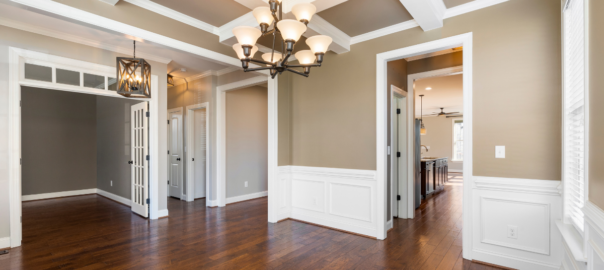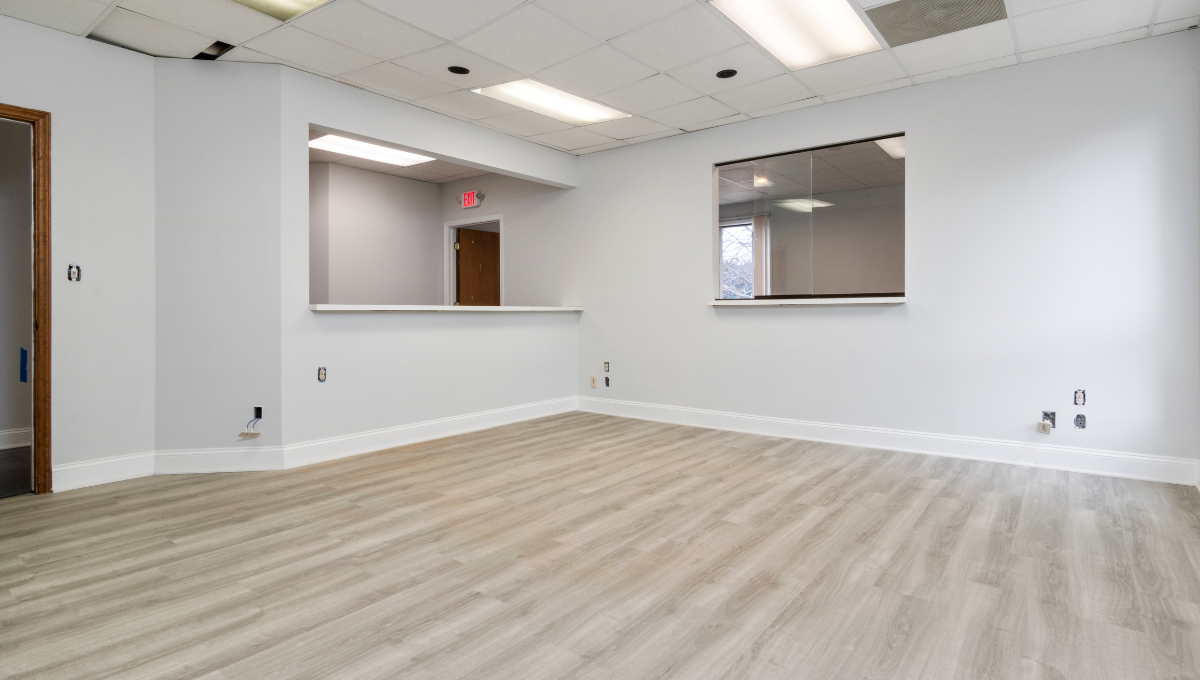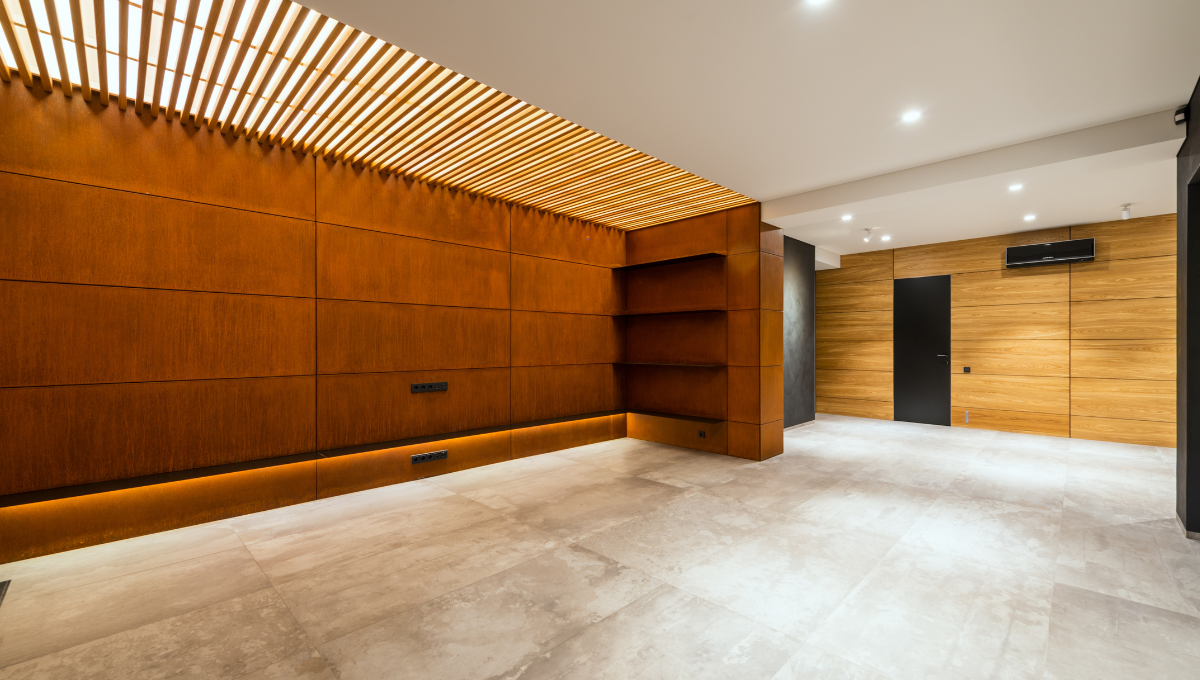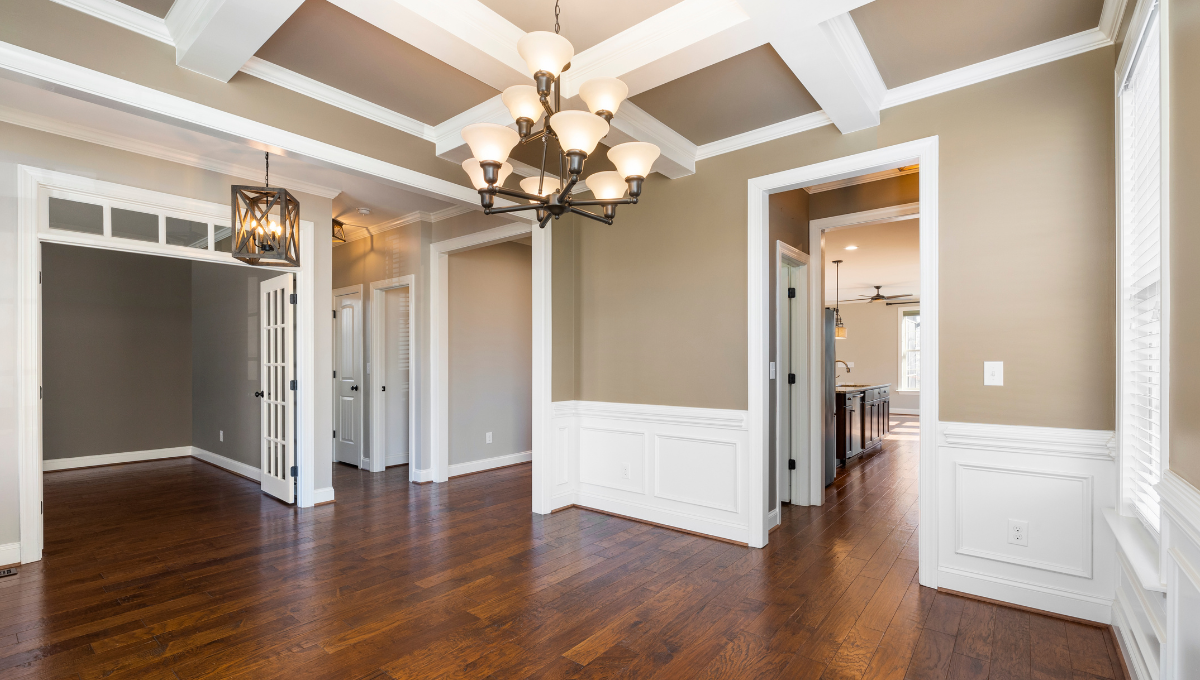When remodeling your basement, choosing the right flooring is important. Basements are often damp. This makes finding a good waterproof flooring option essential. Waterproof Basement Flooring will keep your space dry, comfortable, and safe. But how do you pick the right one? This guide will help you understand your options and give tips on what to avoid.
Why Waterproof Flooring Matters for Your Basement
Basements are prone to water issues. From floods to high humidity, water can easily enter. Over time, this can cause damage to your floors. Water can lead to mold growth, wood rot, and unpleasant odors. These problems can make your basement unhealthy and unusable.
Waterproof flooring helps solve these problems. It prevents water from getting in and keeps your space dry. With the right waterproof flooring, your basement will be safer and more comfortable. You won’t need to worry about water damage in the future.
Guide to Installing Waterproof Basement Flooring
Before you install waterproof flooring, you need to prepare the basement. Start by cleaning and drying the floor. It’s important to remove any moisture that might be trapped under the surface. You also need to check for cracks in the foundation. If there are any, they should be sealed before you lay the flooring.
Once the floor is ready, choose the best waterproof material. Many options can work in basements. These include vinyl, tiles, and concrete. Each of these materials has its own benefits. They are durable, easy to maintain, and can handle moisture well.
Installation will depend on the type of flooring you choose. Some options, like vinyl planks, are easier to install and can be done without professional help. Others, like tiles or concrete, may require expert assistance. If you are unsure, it’s always best to hire a professional to ensure the job is done right.
Best Waterproof Flooring Choices for Your Basement
There are several great options for waterproof basement flooring. The best choice depends on your style, budget, and the level of moisture in your basement. Here are some of the top options:
Vinyl Flooring
Vinyl flooring is one of the most popular choices for basements. It is affordable and comes in a variety of styles. You can find vinyl flooring that looks like wood, tile, or stone. It is also easy to install. Most vinyl floors come in planks that click together, making installation simple.
Vinyl is 100% waterproof, which makes it perfect for basements. It can handle high humidity and spills. It is also durable and easy to clean. The only downside is that it may not be as long-lasting as other materials, but it is still a great option for most homeowners.
Ceramic or Porcelain Tile
Tiles are another good option for waterproof basement flooring. Ceramic and porcelain tiles are both waterproof and durable. They can handle moisture without getting damaged. Tiles are also very easy to clean and maintain. If your basement is used for a lot of activity, like a laundry room or bathroom, tiles are a great choice.
One downside of tiles is that they can be cold underfoot, especially in the winter. To solve this, you can install radiant heating under the tiles. This will keep your feet warm and add comfort to the space.
Concrete Flooring
Concrete is a great option for waterproof basement flooring. It is durable, low-maintenance, and can withstand moisture. Many people choose to stain or paint their concrete floors for a stylish look. Concrete is also perfect for basements with a modern or industrial feel.
One issue with concrete is that it can crack over time, especially in areas with a lot of moisture. It is important to regularly seal the concrete to prevent water from seeping in. When properly maintained, concrete can last for years.
Laminate Flooring
Laminate flooring can also be a good choice for basements. While not all laminate is waterproof, there are special types designed for wet areas. These waterproof laminate floors are affordable and come in a variety of designs.
Laminate is easy to install and maintain. However, it can warp if exposed to too much moisture over time. If you live in a wet climate or have a basement prone to flooding, laminate may not be the best choice.
Basement Flooring Waterproofing Mistakes to Avoid
When remodeling your basement, it’s important to avoid certain mistakes. These mistakes can lead to water damage or other problems down the line. Here are some of the most common basement flooring waterproofing mistakes:
Not Sealing the Floor Properly
One of the biggest mistakes people make is not properly sealing the floor. Even if you choose waterproof flooring, it is important to seal the floor beneath it. Moisture can seep through cracks in the foundation or floor, causing damage. Make sure to apply a waterproof sealant to prevent this from happening.
Choosing the Wrong Flooring Material
Not all flooring materials are suitable for basements. Some materials, like carpet or hardwood, can get damaged by moisture. It’s important to choose a material that is designed for wet areas. Vinyl, tiles, and concrete are all great choices for basements.
Skipping the Moisture Test
Before installing any type of flooring, it’s important to check the moisture level of your basement. If the moisture level is high, it could affect the flooring’s ability to stay waterproof. Use a moisture meter to check the humidity levels in the basement before you begin installation.
Not Considering Heating
Basements can get cold, especially in the winter. If you choose tile or concrete flooring, you may want to consider installing radiant floor heating. This will help keep the space warm and comfortable, making your basement a more enjoyable place to spend time.
Affordable Waterproof Basement Flooring
Waterproof flooring doesn’t have to be expensive. There are many affordable options available that still provide great protection against moisture. Vinyl is one of the most budget-friendly options. It is easy to install, durable, and comes in many different styles.
Tile flooring is another option that can be affordable, especially if you go with ceramic instead of porcelain. If you are looking for a more luxurious option, consider concrete flooring. While it may require a bit more investment upfront, it is durable and can last for many years.
No matter your budget, there are plenty of waterproof flooring options for your basement. Choose the one that best fits your needs and style.
Choosing the right waterproof basement flooring is essential for keeping your basement dry and comfortable. There are many options available, from vinyl to concrete to tile. Each has its own advantages and disadvantages, so consider your needs before making a decision.
Make sure to also avoid common waterproofing mistakes, like skipping the moisture test or not properly sealing the floor. By choosing the right material and installing it correctly, your basement will be a dry, comfortable space for years to come.




